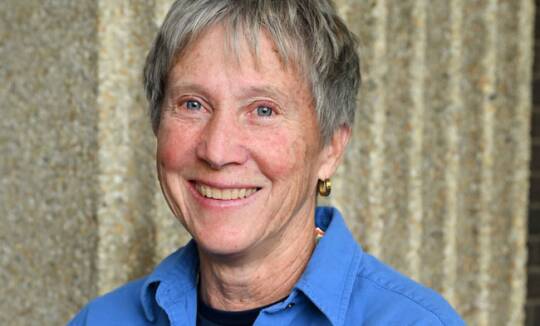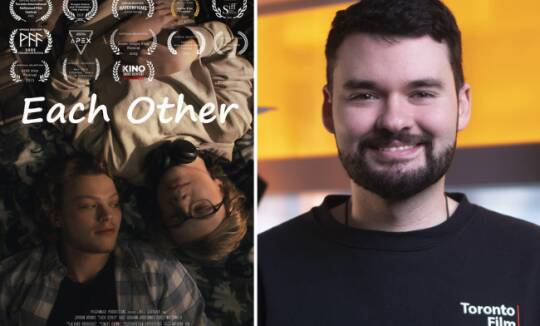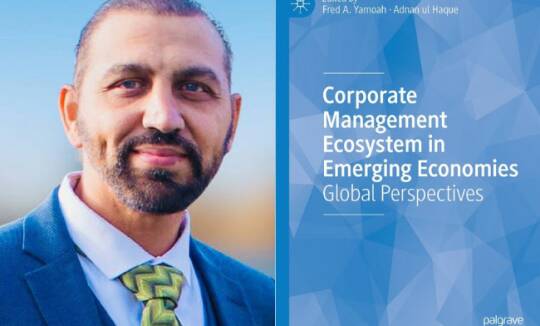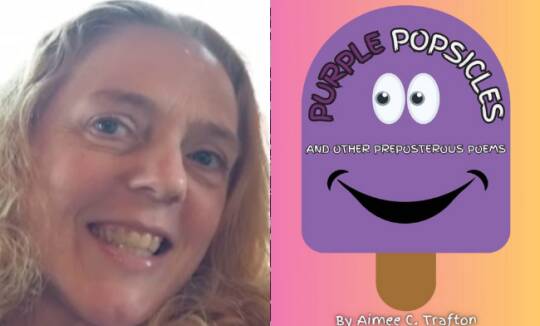Yorkville University recently hosted a virtual panel discussion exploring Perspectives on Anti-Black Racism and the Role of Educators.
Co-moderated by Thamina Jaferi, Yorkville’s Director of Diversity, Equity and Inclusion, and Jill Cummings, the Associate Dean of Faculty Development, the faculty-facing webinar featured a panel of experts that included Dr. Alice Crawford, Violet Ferreira-Sutherland, Dr. Humphrey Nartey, Dr. Rita Onolemhemhen and Dr. Seyy Sode.
“This is obviously a very critical topic, especially when it comes to naming, examining and addressing anti-Black racism within the classroom and beyond,” Jaferi said during her introduction to the event.
“In addition to that, this is very much connected to our wider commitment to YU diversity, equity and inclusion and our initiatives around creating safe spaces to talk about the topics that are important to our community.”
To those ends, the event’s panelists were invited to not only provide theoretical approaches to anti-Black racism, but also to share insights from their own lived experiences and observations on the subject.
The hour-long discussion touched on the historical context of the concept of race, the ways in which society normalizes racism, internalized notions of racism and how that manifests itself, as well as proactive tips for educators to address anti-Black racism and inequity in academic settings
“The concept of Blackness as a derogatory, debilitating category was created and used by colonizers to establish social hierarchies in order to justify the violence, dispossession, oppression and labour exploitation of enslaved people,” Ferreira-Sutherland explained during her discussion of the roots of race as a social construct.
“It was a process white people used to accumulate massive amounts of wealth on the backs of and with the blood, sweat and tears of enslaved Black people.”
That social construct, handed down over the generations, has now become a powerful tool with real consequences for the individuals it impacts and how they experience their lives, Ferreira-Sutherland added.
So embedded in our system is anti-Black racism now, Onolemhemhen concurred, that it can even go so far as to explain why a Black man can’t walk or drive around in his own neighbourhood without being perceived as a dangerous threat.
“Though we can link anti-Black racism to slavery, racism has gone beyond slavery in both time and in thought, because racism now includes implicit and explicit harm,” Onolemhemhen said, stressing the importance of racial literacy.
“Some would say that we need policies to address these issues – and I agree that policy could help – but I also think we need more than policies. We need reorientation through education.”
–Dr. Rita Onolemhemhen
That sentiment was echoed by Crawford, who said the academic community has an important role to play in reversing the tide of anti-Black racism in the next generation of students they’re teaching.
“I think one of the things that we should remember as educators, is that, first and foremost, we’re academicians – we’re wanting to have those very frank discussions with our students, so that they can understand the perspective of different points of view,” said Crawford, a Master of Arts in Counselling Psychology professor.
“It’s important to me, as a faculty member helping up-and-coming professional counsellors…to help our students embrace differences and to be willing to step into other individuals’ shoes to see things from their perspective. With our help, we can also guide them to have those very frank and honest conversations, where we are learning to understand – not pointing fingers, but learning.”
Additional Resources are available here:
- Anti-Racist Allyship Starter Pack – A comprehensive package of links to articles, books, podcasts, videos, social media accounts, petitions and other resources for anti-racism allies.
- Scaffolded Anti-Racist Resources – A working document for scaffolding anti-racism resources that aims to facilitate growth for white people to become allies, and eventually accomplices, for anti-racist work.
- Anti-Racism Resources – A document intended to serve as an index of resources (books, podcasts, articles, videos, etc) for white people and parents to deepen their anti-racism work






